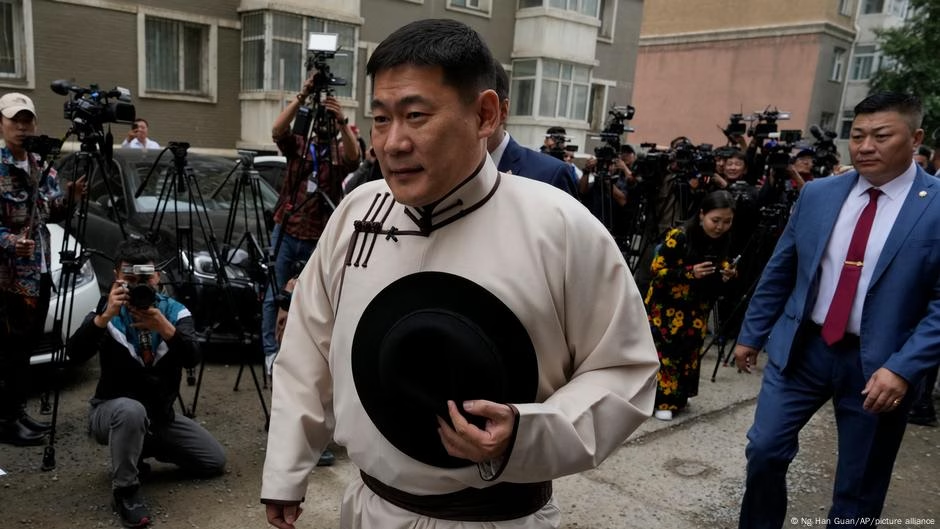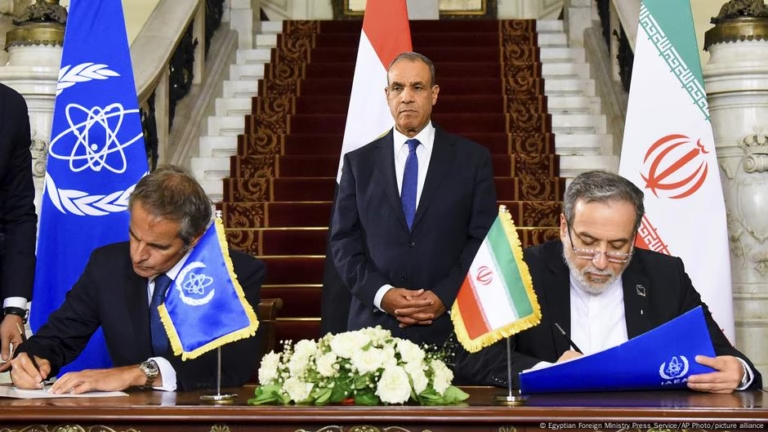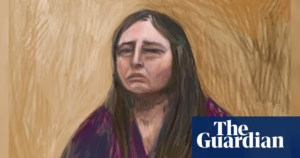The decision came amidst weeks of public demonstrations against accusations of corruption.
Oyun-Erdene garnered only 44 votes in the 126-member parliament, falling short of the 64 votes required to retain his position.
Following the announcement of the results, Oyun-Erdene remarked, “It was a privilege to serve my nation and people during times of adversity, including pandemics, conflicts, and tariffs.”
He will continue in a caretaker capacity until a replacement is appointed within 30 days.
The Emergence of a Political Crisis
Before the vote, Oyun-Erdene had cautioned that the motion of confidence could lead to instability and pose a threat to the country’s democracy.
“If governance becomes unstable, the economic situation deteriorates, and political parties fail to reach a consensus, it can cause the public to lose faith in parliamentary governance and potentially jeopardize our democratic parliamentary system,” he stated.
Mongolia transitioned to democracy following the collapse of the Soviet Union.
Last month, Oyun-Erdene’s Mongolian People’s Party was ousted from the ruling coalition by the Democratic Party, following support from some of its younger lawmakers advocating for the prime minister’s resignation.
Protests Against Corruption
The prime minister’s resignation follows days of youth-led protests in the capital, Ulaanbaatar, calling for his removal due to issues such as inequality, corruption, and increasing living costs, with demands for reform and accountability.
Reports of extravagant spending by Oyun-Erdene’s son fueled the protesters.
Protesters claim that the nation’s mineral resources have primarily benefited businesses and the wealthy, while many Mongolians continue to live in poverty.
In a statement to AFP last month, the prime minister’s office vigorously denied the allegations, deeming them as “smears.”
Mongolia’s decline in Transparency International’s Corruption Perceptions Index since Oyun-Erdene took office in 2021 also worked against him.
Edited by: Zac Crellin






